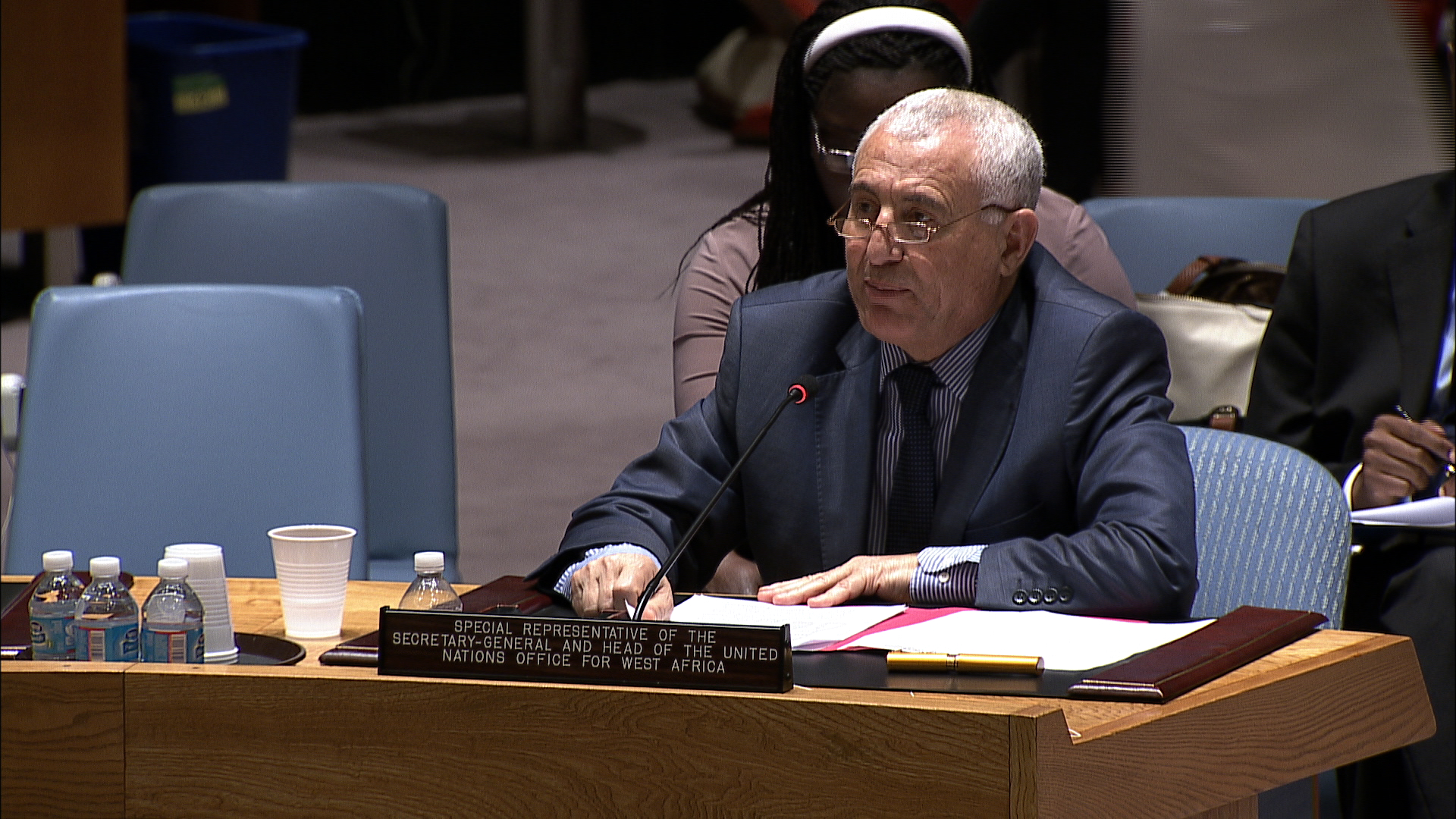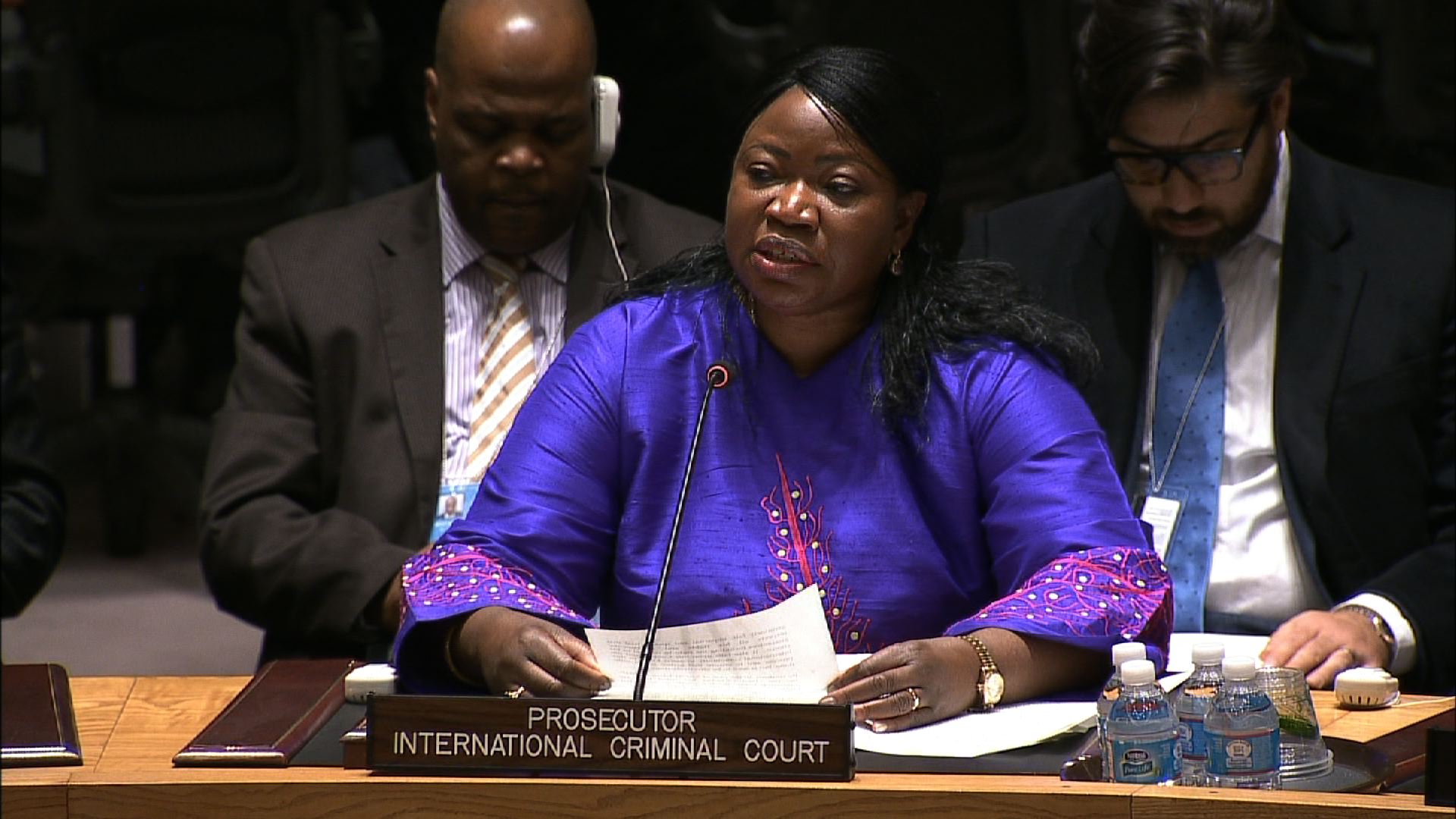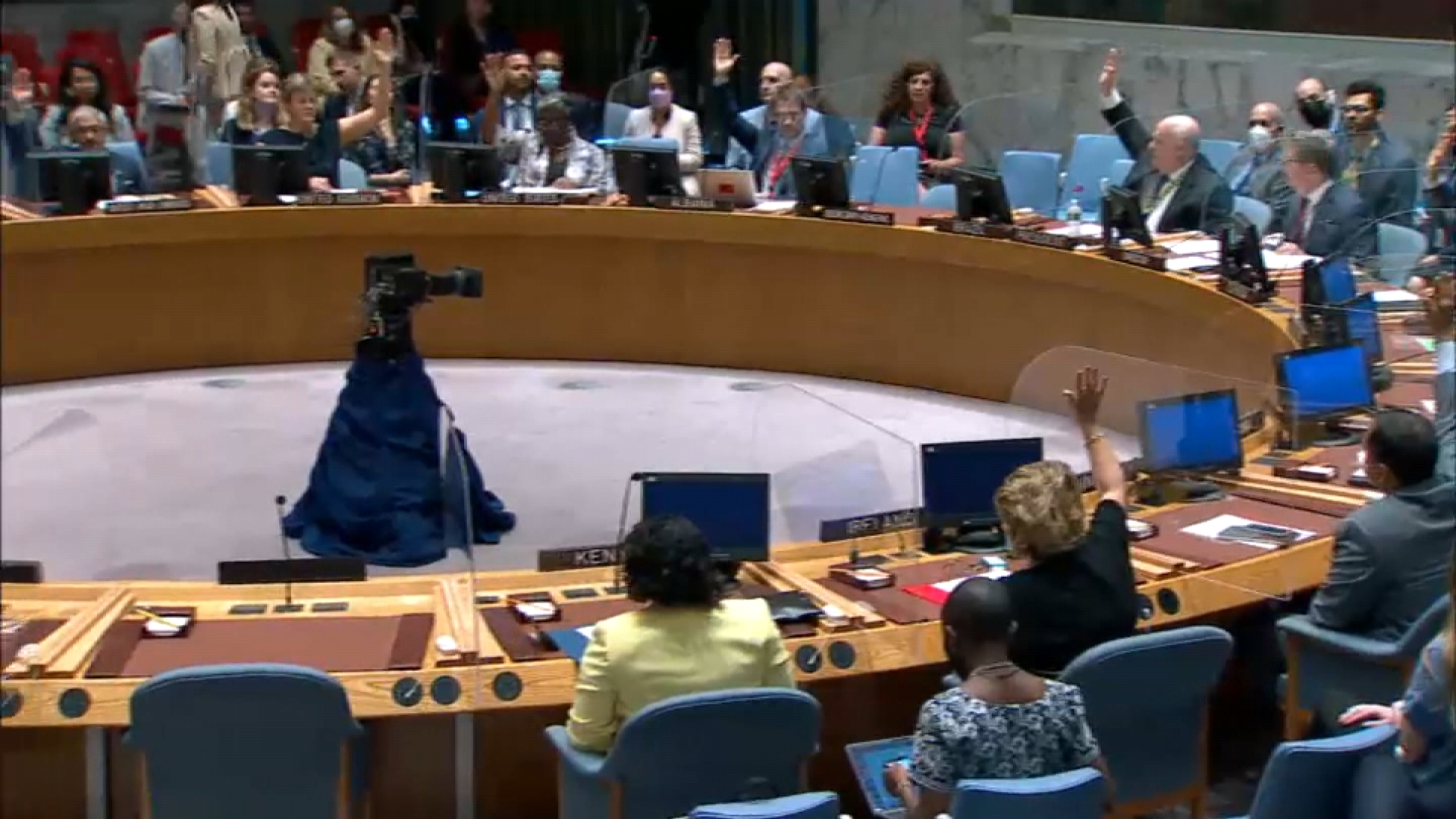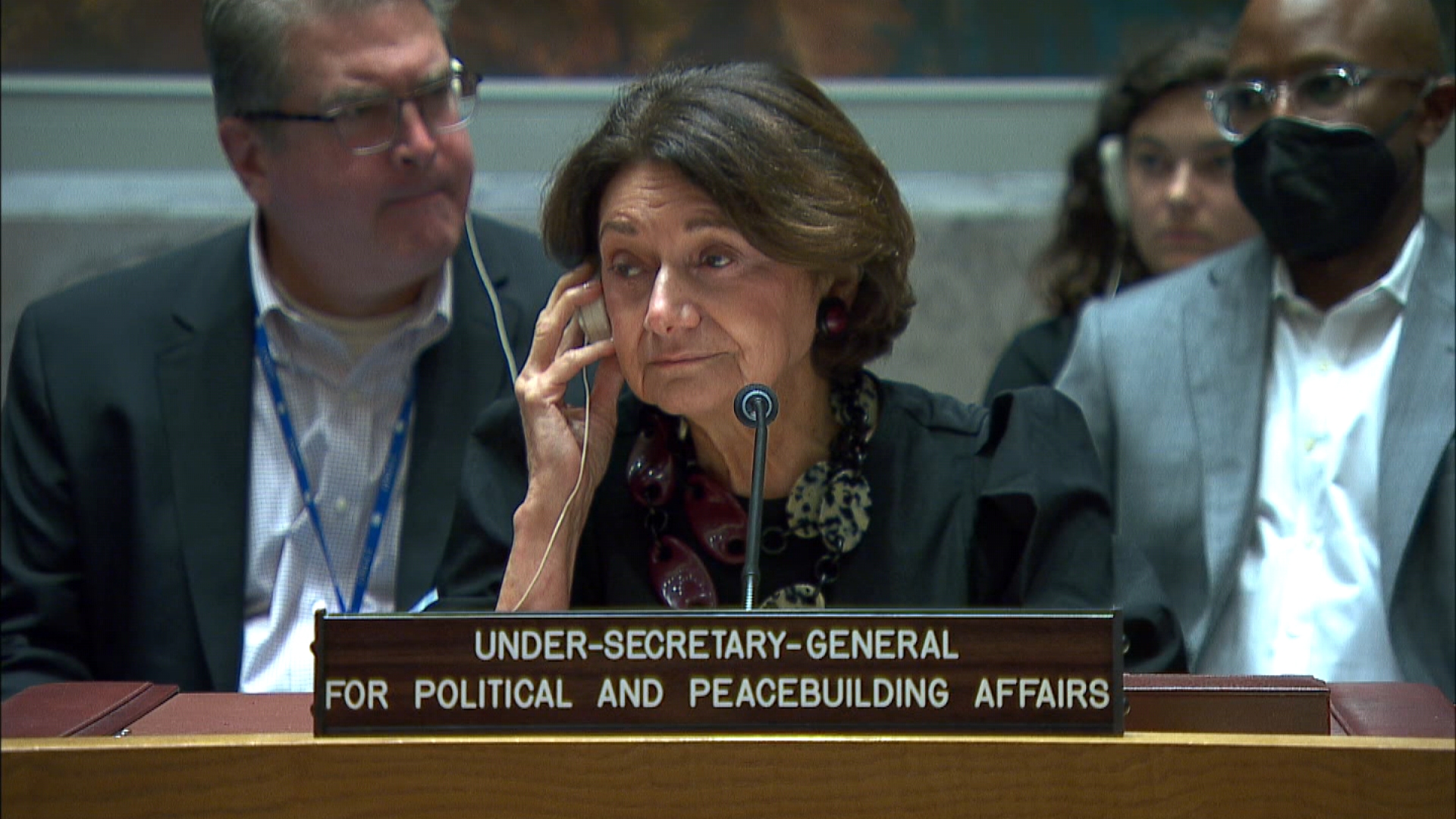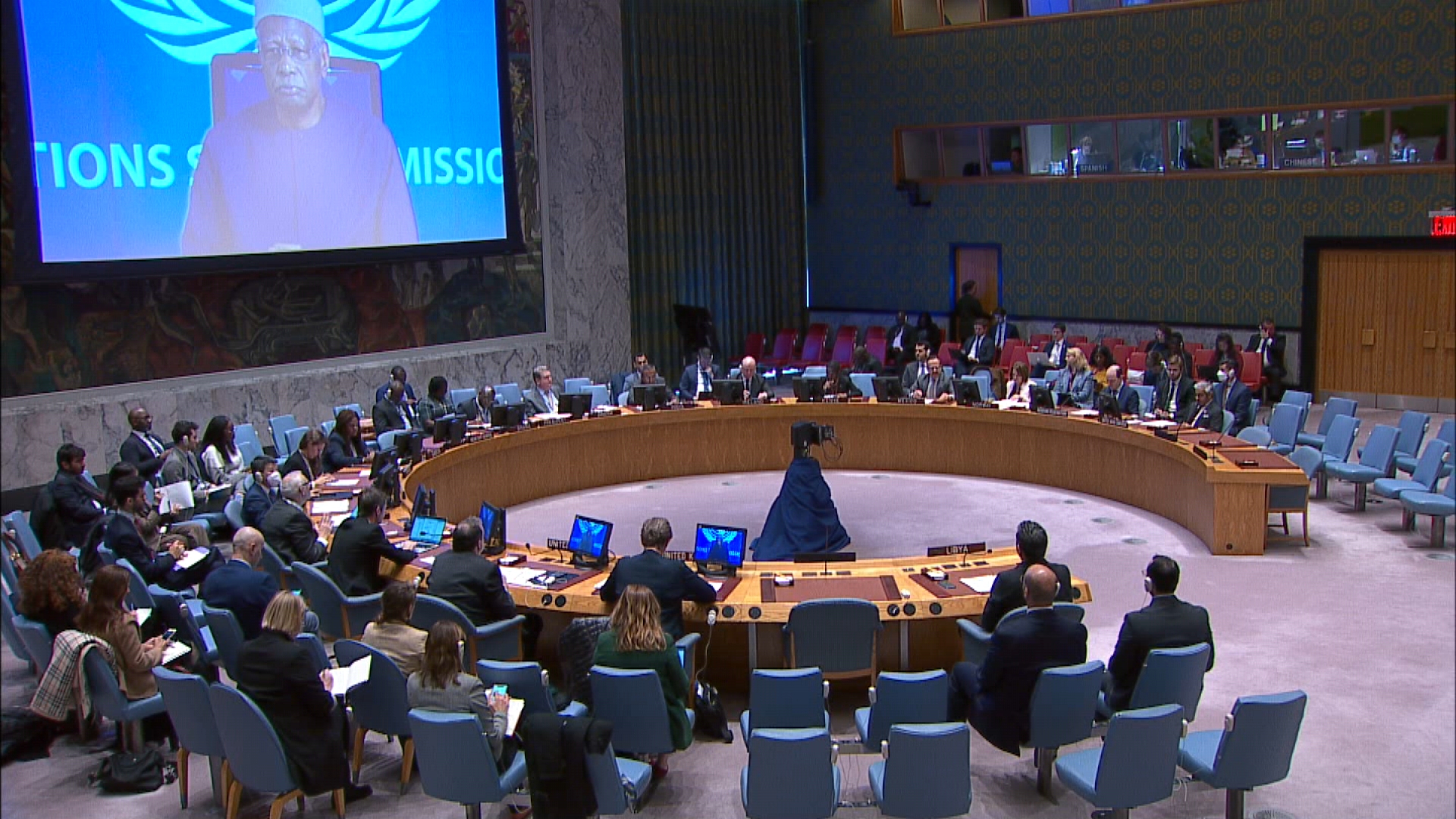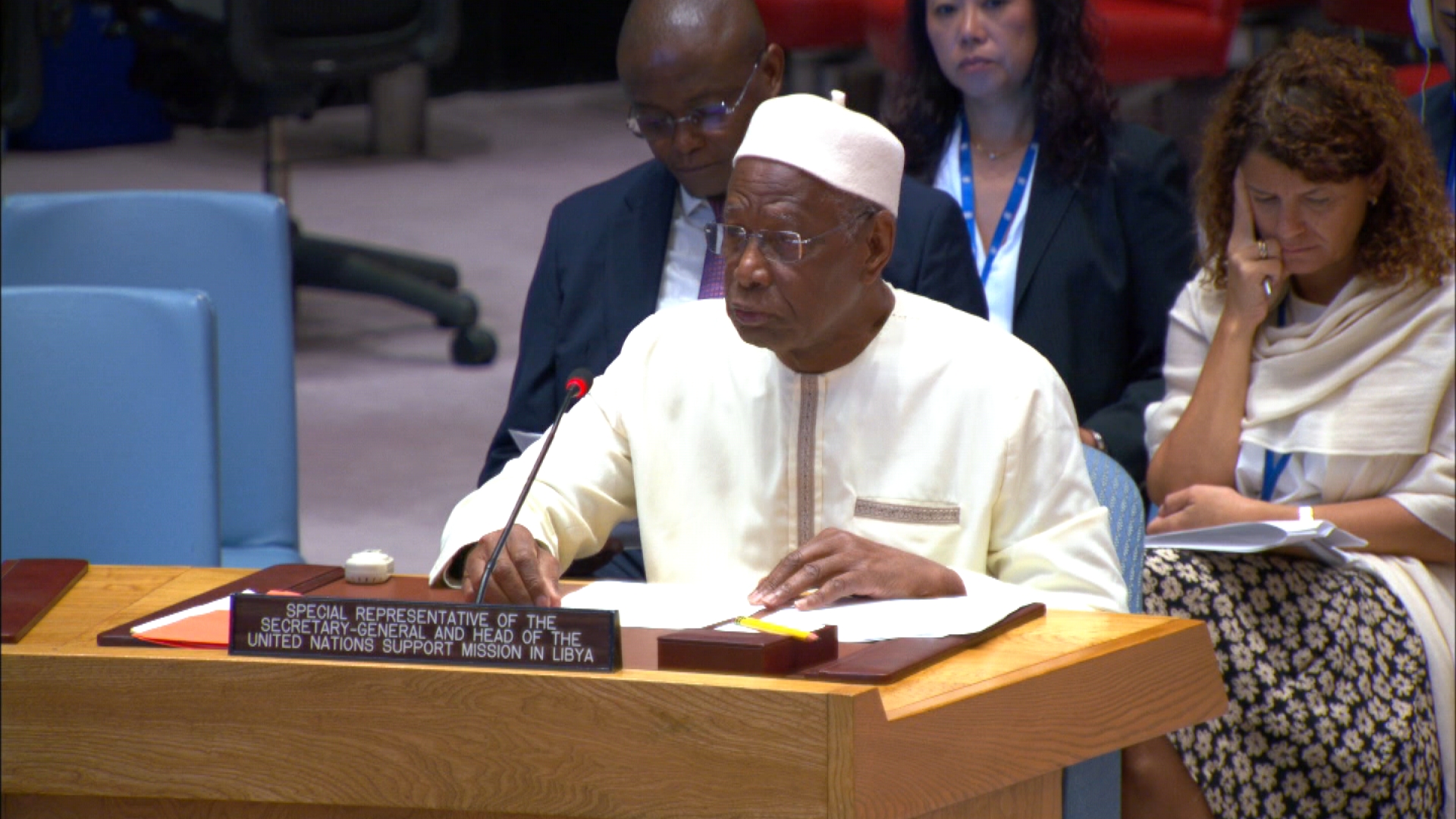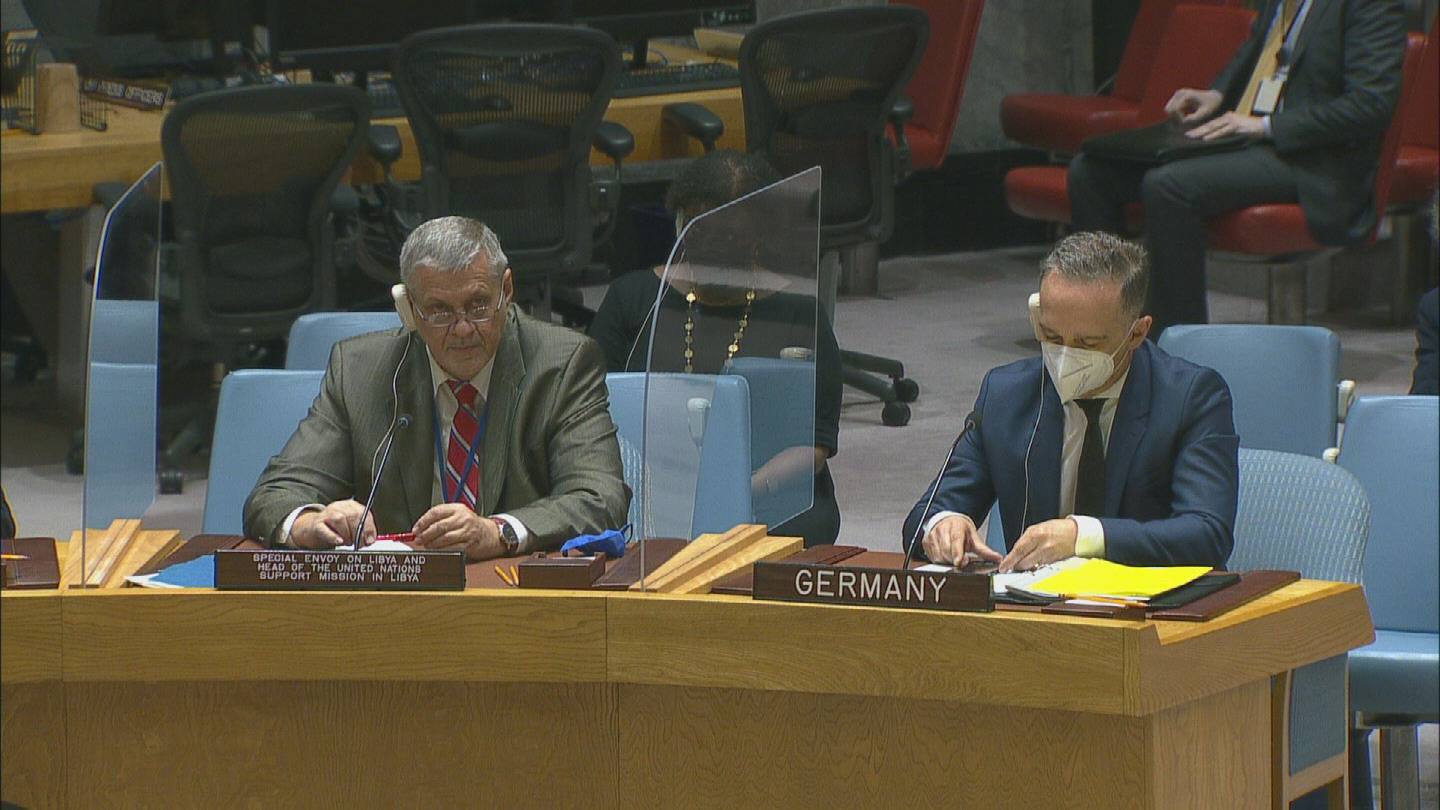UN / LIBYA
Download
There is no media available to download.
Share
STORY: UN / LIBYA
TRT: 2.16
SOURCE: UNIFEED - UNTV
RESTRICTIONS: NONE
LANGUAGE: ENGLISH / ARABIC / NATS
DATELINE: 9 JUNE 2014, NEW YORK CITY / FILE
FILE – RECENT, NEW YORK CITY
1. Wide shot, exterior United Nations headquarters
9 JUNE 2014, NEW YORK CITY
2. Pan right, Security Council
3. Med shot, delegates
4. SOUNDBITE (English) Tarek Mitri, Special Representative of the Secretary-General for Libya:
“This morning Libya’s Supreme Court ruled that the election of Mr. Maiteg was unconstitutional, opening a way out of the institutional crisis. The need to respect this ruling should be firm. The initial reaction in Tripoli half-an-hour ago to the court ruling is positive. The second deputy president of the Congress, Saleh Al-Makhzoum and Maiteg himself, both announced separately that will comply with the decision.”
5. Med shot, delegates
6. SOUNDBITE (English) Tarek Mitri, Special Representative of the Secretary-General for Libya:
“The crisis over the appointment of a new Prime Minister has accentuated since February the strong political polarization in the country. Tensions have given way to intermittent clashes on the streets of the capital between rival brigades and other armed groups under the nominal control of the Libyan authorities. On May 18th armed groups forcibly entered the grounds of the General National Congress in order to prevent the Congress from pressing ahead with the election of a new Prime Minister.”
7. Med shot, delegates
8. SOUNDBITE (Arabic) Ibrahim Dabbashi, Permanent Representative of Libya to the United Nations:
“Those who would like to support Libya today should help it to build the army and arm it as soon as possible. Those who would like to support Libya have to support it by reinstating the police to its centres. Those who would like to help Libya, have to prevent any attempt to have prejudice over the democratic transition and take punitive measures against anyone who would like to obstruct this process.”
9. Wide shot, Security Council
The United Nations envoy to Libya today (9 June) welcomed the decision by the country’s Supreme Court which ruled that the election of disputed Prime Minister Ahmed Maiteg, was unconstitutional.
Tarek Mitri, the Secretary-General’s Special Representative and head of the UN Support Mission in Libya (UNSMIL), said in his briefing to the Security Council that the decision opens “a way out of the institutional crisis” in Libya.
He stressed “the need to respect this ruling” and noted that “the initial reaction in Tripoli was “positive” as the second deputy president of the Congress, Saleh Al-Makhzoum “and Maiteg himself, both announced separately that will comply with the decision.”
Mitri noted that the recent turmoil in Libya has not only slowed the pace of important aspects of the democratic transition but threatens to thrust the North African nation back into conflict and instability.
He said “the crisis over the appointment of a new Prime Minister has accentuated since February the strong political polarization in the country. Tensions have given way to intermittent clashes on the streets of the capital between rival brigades and other armed groups under the nominal control of the Libyan authorities. On May 18th armed groups forcibly entered the grounds of the General National Congress in order to prevent the Congress from pressing ahead with the election of a new Prime Minister.”
Also addressing the Council, Libyan Ambassador Ibrahim Dabbashi called for international support to the Libyan government, in particular to the security sector.
He said “those who would like to support Libya today should help it to build the army and arm it as soon as possible. Those who would like to support Libya have to support it by reinstating the police to its centres. Those who would like to help Libya, have to prevent any attempt to have prejudice over the democratic transition and take punitive measures against anyone who would like to obstruct this process.”
Libya, which has been undergoing a democratic transition since the toppling in 2011 of former leader Muammar al-Qadhafi, has recently witnessed political tensions as well as significant security developments, particularly in the eastern part of the country.
